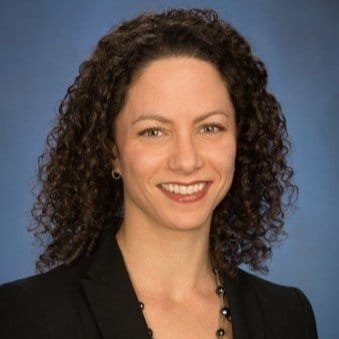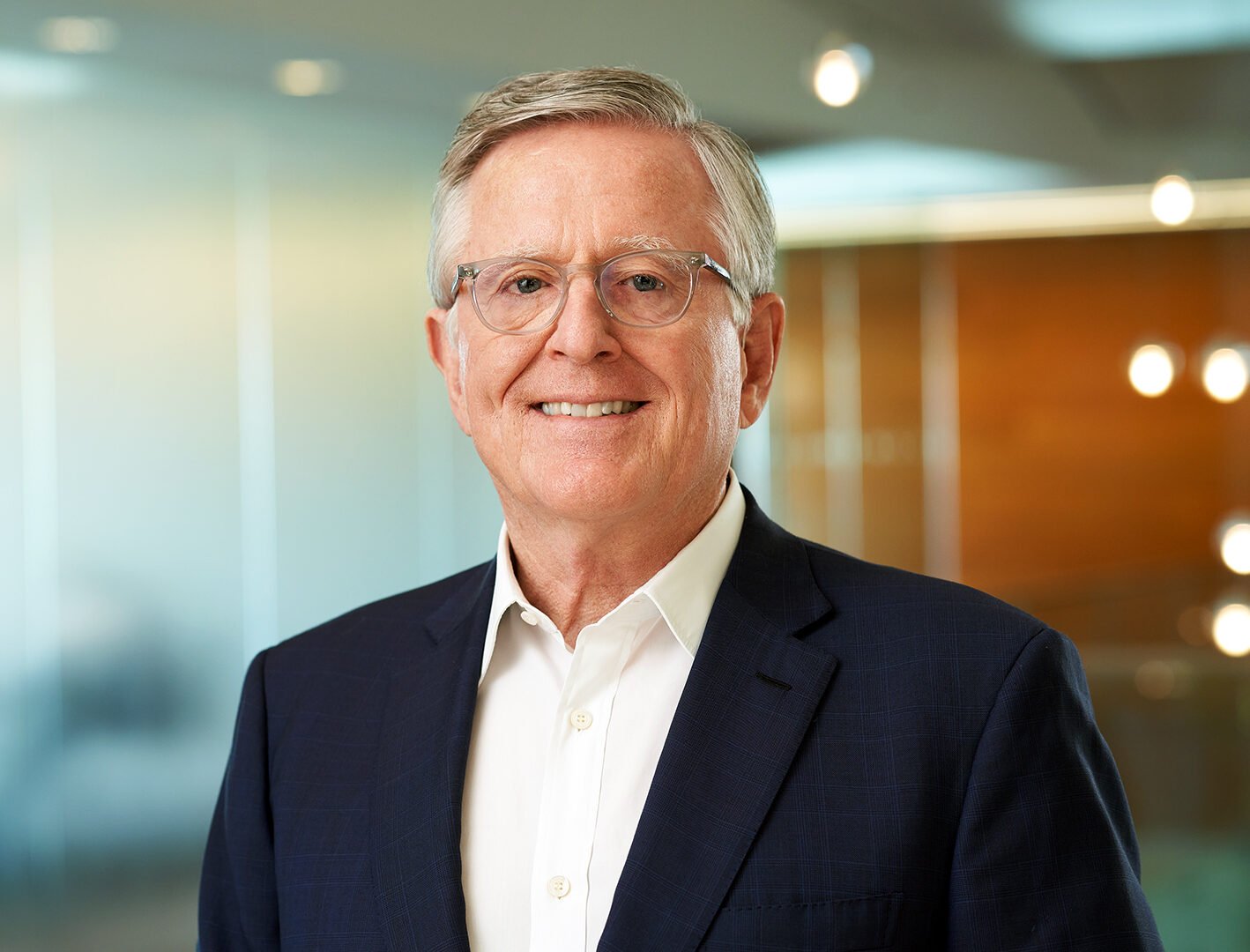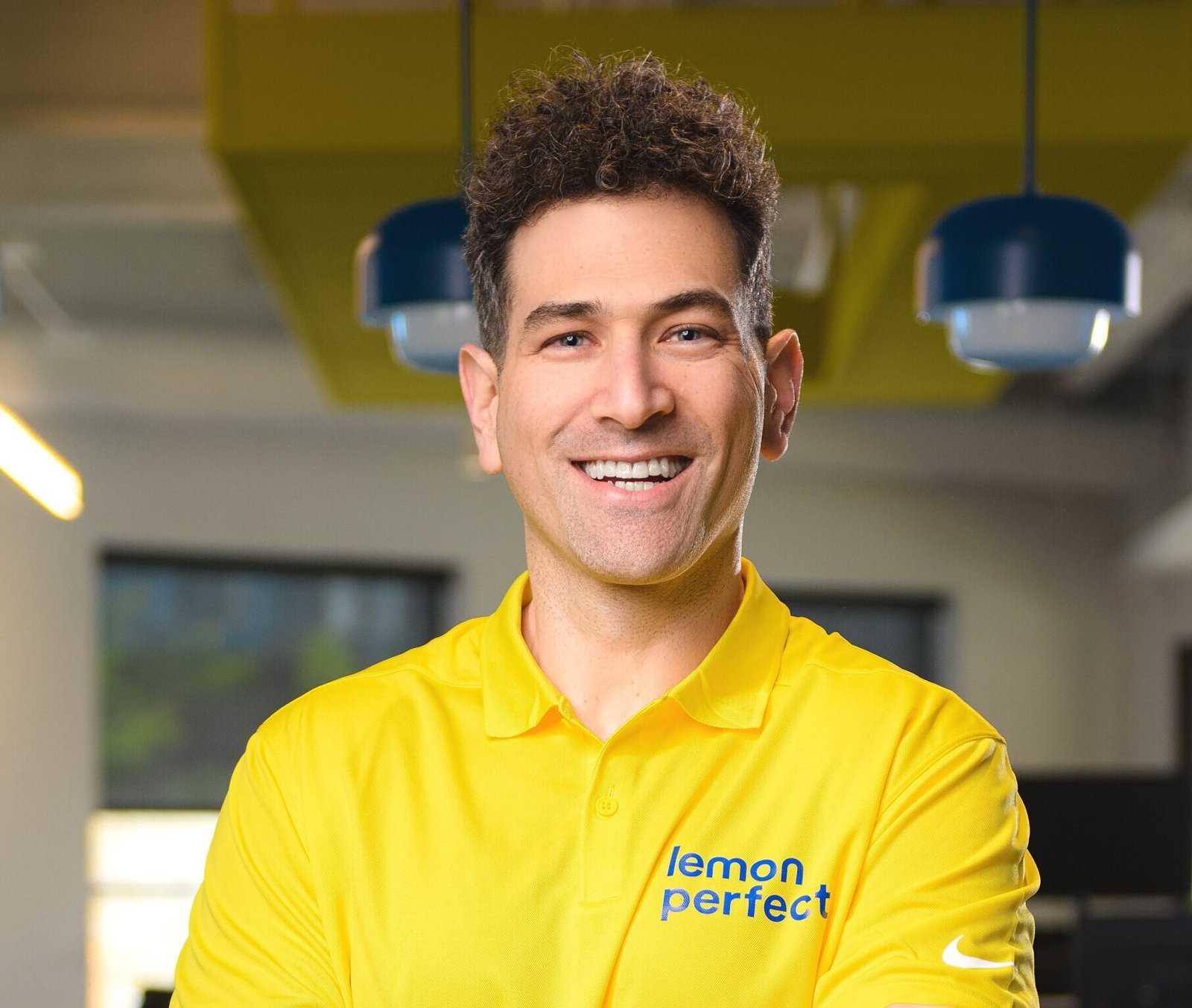Cristina Shapiro at the 2024 Milken Institute Global Conference
I recently went one-on-one with Cristina Shapiro, UNICEF USA’s Chief Strategy Officer and Impact Fund President.
Adam: Thanks again for taking the time to share your advice. First things first, though, I am sure readers would love to learn more about you. How did you get here? What experiences, failures, setbacks, or challenges have been most instrumental to your growth?
Cristina: In 2001, I was a Marketing Director at L’Oréal. I enjoyed the work but found that I was not fulfilled by focusing solely on corporate profitability. I wanted to see more social impact and economic development reflected in my work. Having been born and raised in Mexico City, where poverty and inequality were abundant, I wanted to focus on issues to drive improvements for underserved populations.
I had learned vital skills as a consultant and marketer, but. I applied and got an offer to join UNICEF USA as a manager on the Trick-or-Treat Team – overseeing UNICEF’s iconic initiative with the white and orange trick-or-treat box. However, I decided to go to graduate school instead but always thought about UNICEF USA and its compelling mission.
Fast forward to 2020, I joined UNICEF USA as the President of the Impact Fund for Children and recently expanded my remit as Chief Strategy Officer. Would I have grown into this role if I took the original role offered so many years ago? Perhaps – but I wouldn’t be as compelling of a candidate had I done so. I used those two decades to accumulate key experience – transforming the way the City of NY delivered services to job seekers and business owners by evolving to performance-based contracting; growing a national small business loan program; and overseeing a billion-dollar partnership with the IFC for women entrepreneurs while leveraging Goldman’s balance sheet. These roles prepared me to be a more effective strategist, investor, and leader. I learned how to deliver impact at scale and the unique roles that public, private, and nonprofit organizations play in doing so.
Adam: In your experience, what are the defining qualities of an effective leader?
Cristina: Effective leaders need to be able to think strategically, cast a compelling vision, exercise sound judgment and build strong relationships. In practice, thinking strategically means making sound decisions based on the right inputs with a focus on key audiences and organization-wide goals. This level of strategic thinking also gives leaders the chance to evaluate and anticipate problems and opportunities. In my new role as Chief Strategy Officer, I partner with our CEO and leadership team to lay out a clear and ambitious long-term vision, along with a compelling strategic plan that outlines our approach and priorities. A well-thought-out operating plan and budget gives us a year-by-year short term roadmap to enable these mid- and long-term strategies.
Once you have a clear and compelling vision, it’s important to be able to communicate what that vision is and why it is important. Strong leaders can compel stakeholders towards action, bringing along those who can help realize that vision. Additionally, effective leaders need to demonstrate sound judgment, a skill that is hard to teach but critical to have. In my experience, asking the right questions can help leaders develop a well-rounded perspective on key issues and overcome blind spots.
Finally, nothing can be done effectively without relationship-building skills. Leaders must be able to not only hire the right people but bring them together as a good team, leveraging influence, authenticity, and transparency to build trust.
Adam: What have been the biggest differences between working in leadership roles for Goldman Sachs and UNICEF USA?
Cristina: Let me start with some similarities because, believe it or not, there is quite a bit of overlap between Goldman Sachs and UNICEF USA, and I feel my experience in the private sector built valuable, transferrable skills for the non-profit world. In both organizations, leadership is measured by impact. How impact is defined differs but there is a double bottom line whether you’re referring to dollars raised and improved lives for children at UNICEF USA or profit grown and results for stakeholders at Goldman. At both organizations, brand is integral to that bottom line, and being in a leadership role at either requires putting emphasis on reputational integrity.
Of course, there are major differences, too. At Goldman, clients were the driving force. At UNICEF USA, children are our north star, and we work for them – and for their futures – every day. One of my priorities at UNICEF USA is our work to elevate children as stakeholders in investment decisions. Children around the globe have been impacted by so many crises we had to come up with a new term to describe it: poly-crisis. Ensuring that decision-makers who control financial resources consider the well-being of children is key to improved socio-economic outcomes and the sustainability of the business community. I like to say that children are a third of our world and 100% of our future. Anyone making decisions about our shared future must proactively consider children and how they will be impacted.
Adam: How can leaders and aspiring leaders take their leadership skills to the next level?
Cristina: Some of the most inspiring leaders are very self-aware. They know their strengths, weaknesses, and blind spots and they can build a team that complements those strengthens and helps them fill in gaps that may exist. Surrounding themselves with people who are smarter than them gives good leaders the space they need to lead.
Leaders learn a lot when they take calculated risks. It can be tempting to stay in one’s comfort zone, but more can happen when leaders stretch into the next area or project of growth. For me that has been a motto my entire career.
As well, leaders should always seek to ask for feedback, and then really listen to it. A key way to invite good external feedback is to cultivate a personal ‘board of directors’ – 3-5 people who can give good advice, feedback, and coaching to accelerate key leadership skills in a way that is tailored and specific. For example, a valued member of my own personal board is a former colleague from Goldman Sachs. We regularly check in on my strategic direction, key career related decisions and negotiations, macro issues we are facing as peers both in the workplace and in our personal lives. His feedback, support, and guidance are invaluable.
Adam: What are your best tips applicable to business leaders? What about to those in the nonprofit space?
Cristina: Best practices are relevant to both business leaders and non-profit leaders. Creating a space and culture of trust enables teams to give and receive constructive criticism that can have positive impact. This approach can also avoid group think and spark big thinking and bold action.
At UNICEF USA one of our values is Big Thinking, Bold Action. We defined what it means, provided resources and training for how to live into the value and launched a competition called The Impact Accelerator for UNICEF USA staff to elevate big ideas that they want to test to drive impact. We have given them permission to try something and fail, as long as there are learnings that can be garnered. When leaders can develop, define, and model organizational values, it opens possibilities to invest staff more deeply in the mission and accelerate impact.
Lastly, all leaders should seek to be the most compelling voice at their organization while also building up leadership skills in others and sharing the spotlight. A sustainable organization is only successful with consistent staff upskilling and training, risk management, and operational excellence.
Adam: What is the single best piece of advice you have ever received?
Cristina: Do the free things that lift others up – say “yes” and “thank you”; give credit, give a kind word. It is simple but effective. As Robert Ingersol said: “We rise by lifting others”. Daniel Lubetzky of KIND gave me the advice to “Be kind, not nice.” As a leader, kindness is being willing to make hard decisions when necessary while being nice is favoring what people want to hear.
As well, I have internalized the idea that leaders fill the gaps they see instead of waiting for others to do it or waiting on permission. This proactive drive allows leaders to set the agenda and move quickly.
Adam: What can anyone do to pay it forward?
Cristina: Say “Yes” and “and” more often. Both have the power to propel ideas – and kindness – forward. And have a mentality of abundance when it comes to helping others. Leaders have the ability to sow future growth – and build more sustainable organizations – by giving constructive and kind feedback to set staff up for success in the short and long term.









